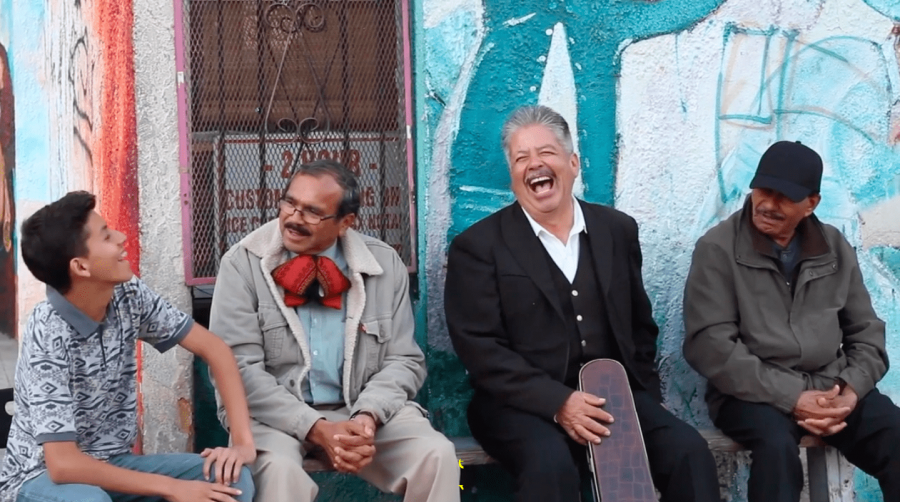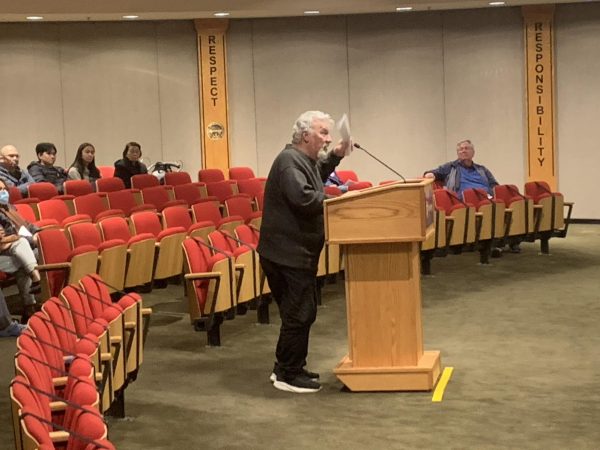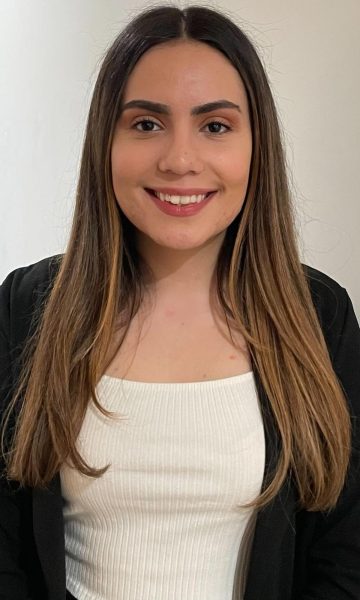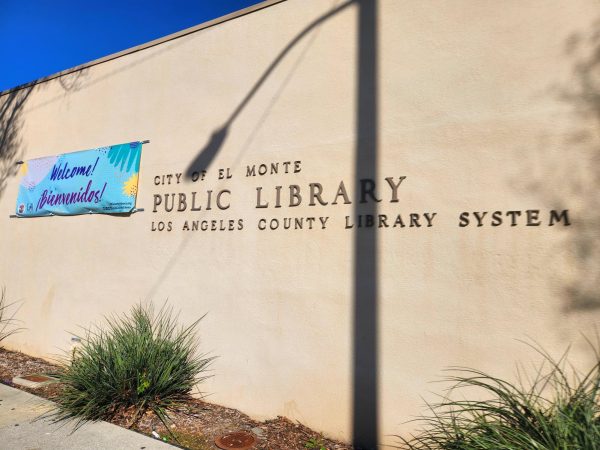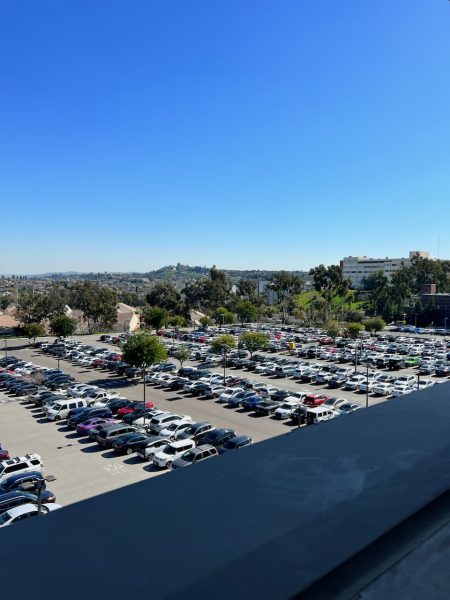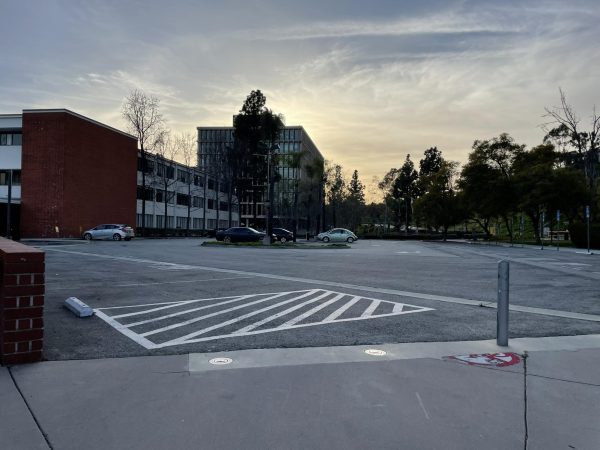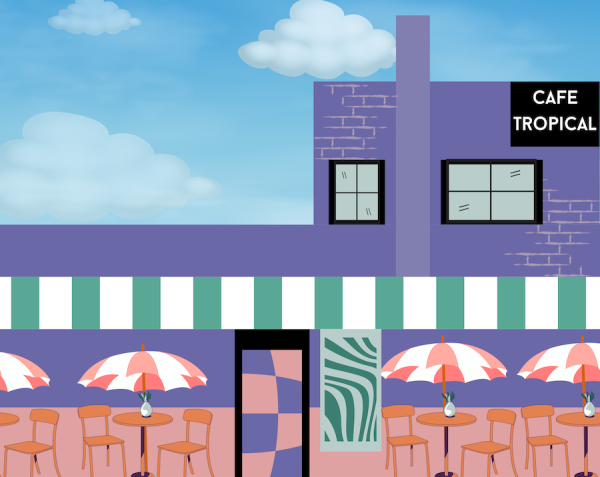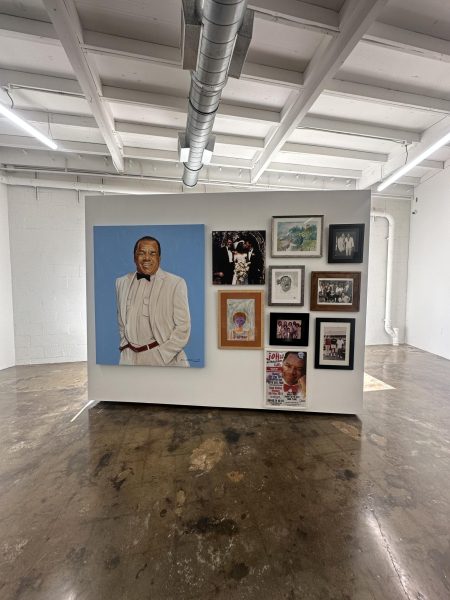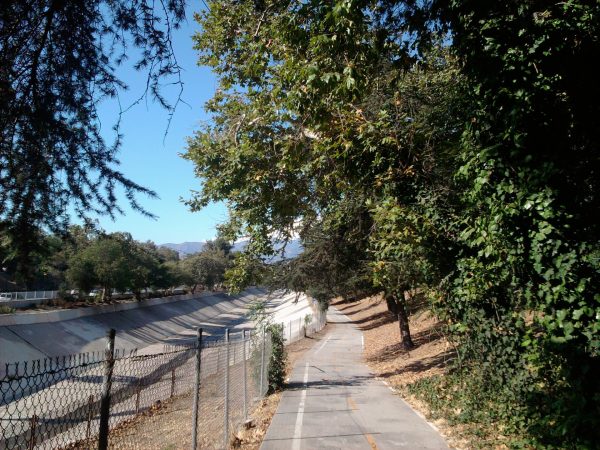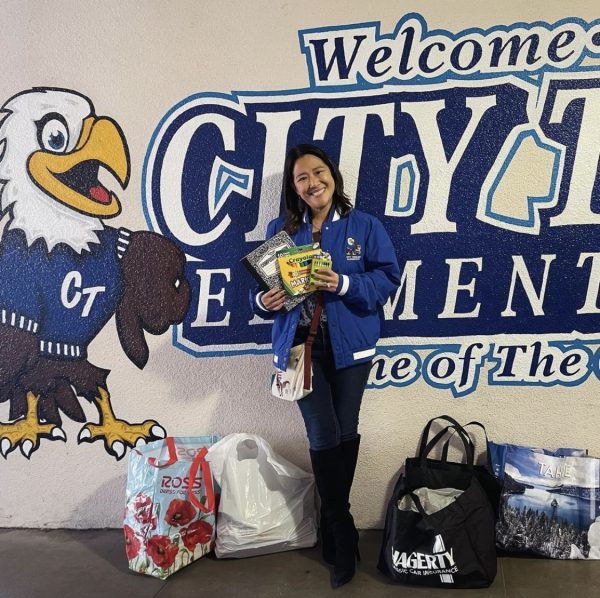Mariachis find jobs and a community in Boyle Heights plaza
The Mariachi Plaza in Boyle Heights isn’t just a place for performers to find work: It’s a place where they find comradery.
Several mariachis interviewed at the plaza said they emigrated from Mexico in order to provide a better life for themselves and their families – and are doing that, in large part, because of the plaza. Mariachi performances have also allowed them to honor their heritage.
What we think of as a mariachi troupe today began in the 19th century, in the Mexican state of Jalisco, according to information from New Mexico State University Professor Emeritus Linda Leeper.
Five years ago, Erasmado Calderon decided to move to Los Angeles because he heard from other mariachis about job opportunities he could find in the Mariachi Plaza. “One of the things was to give a better life to the family over there,” he said, referring to Mexico.
In Mexico, Calderon performed mariachi music as a side job. He had hoped to pursue it full-time in the United States but that didn’t pan out. He said he has gone days, sometimes even weeks, without any jobs lined up.
During those slow days, one can find about a dozen mariachis waiting at the plaza for someone to hire them to perform at a party or restaurant. To kill time, they sit around, laughing and talking to one another. If they already have a gig, they may share other opportunities with fellow mariachis, according to those interviewed.
Arturo Ramirez, another mariachi at the plaza, said it’s about more than just making a living for him.
“This is the tradition of Mexico. It’s something we should preserve, but with honor, preserve with responsibility and with a lot of affection, a lot of love,” he said.
Erick Ortiz, who graduated from UCLA, plays at events led by his own mariachi business. He also plays at Sunday Masses at Santa Isabel Church in Boyle Heights. He said he likes to play there as a way to give back because it is in church choirs where he learned to sing with freedom, which helped him develop his skills as a mariachi.
Outside of church, he spends a lot of time on the plaza in part because of the friendships he has formed.
He said, “It’s kind of like a home for us in a way, a way of us communicating with each other. This is, I guess, our family, our coworkers.”
Community News reporters are enrolled in JOUR 3910 – University Times. They produce stories about under-covered neighborhoods and small cities on the Eastside and South Los Angeles. Please email feedback, corrections and story tips to [email protected].

